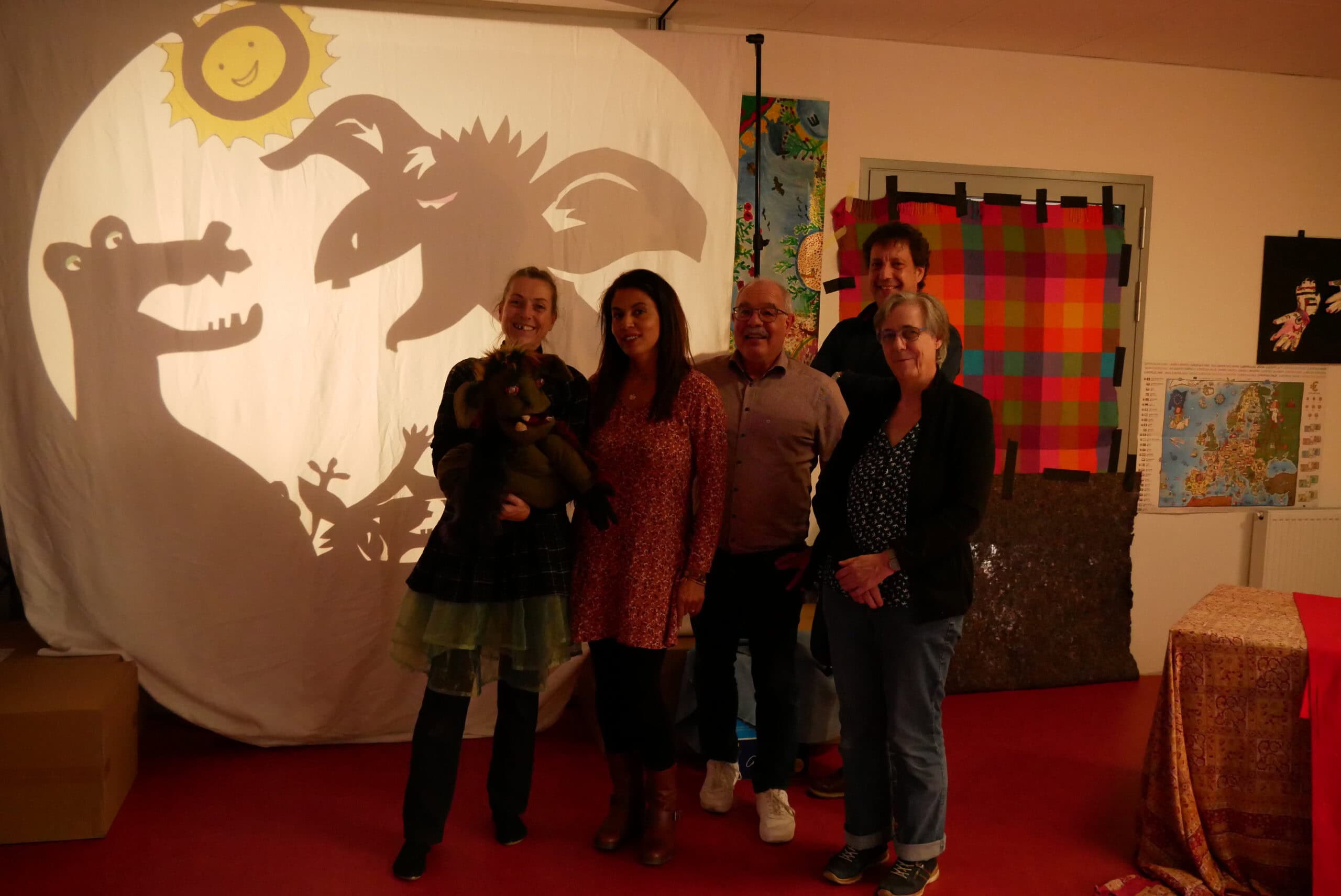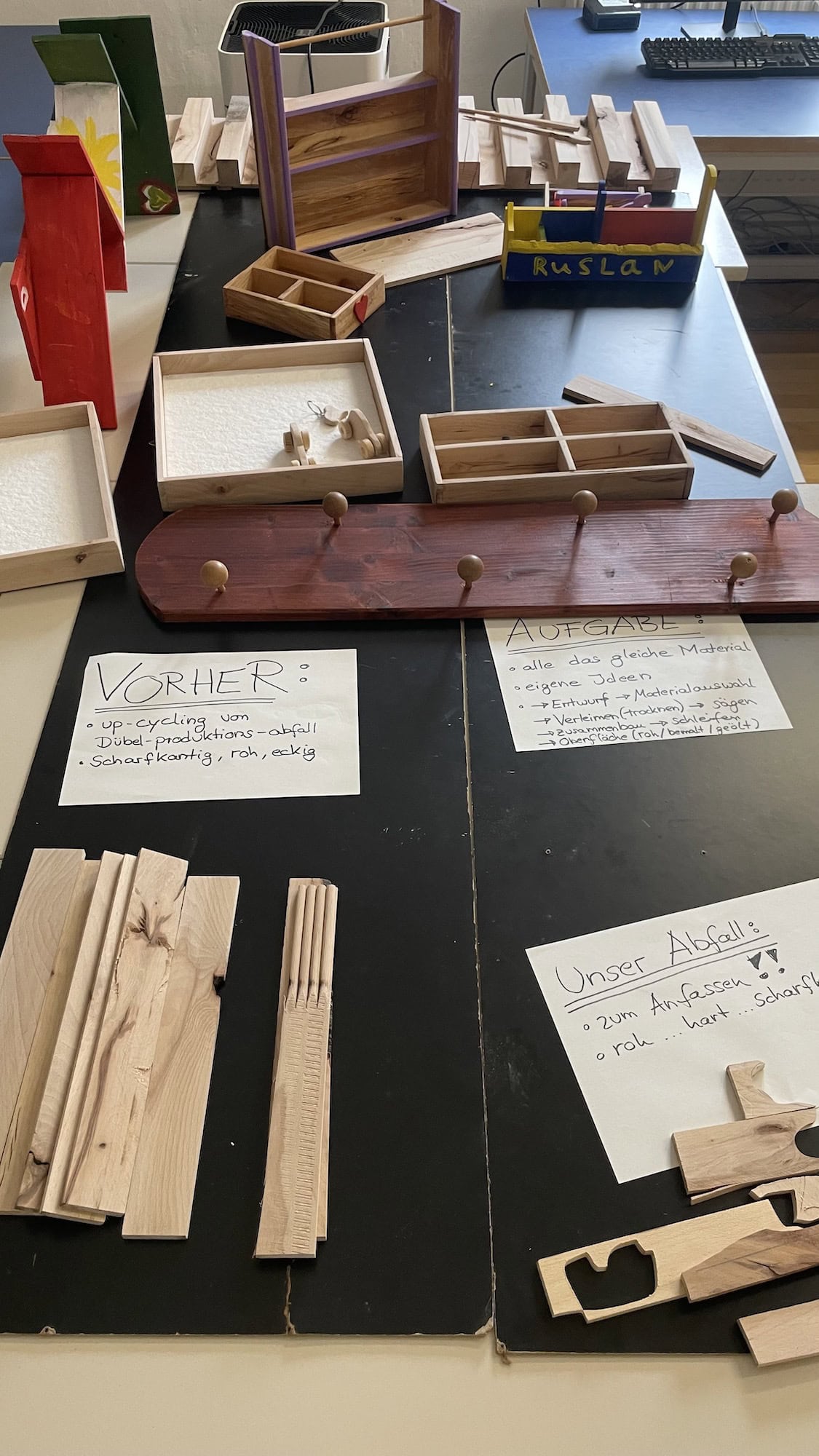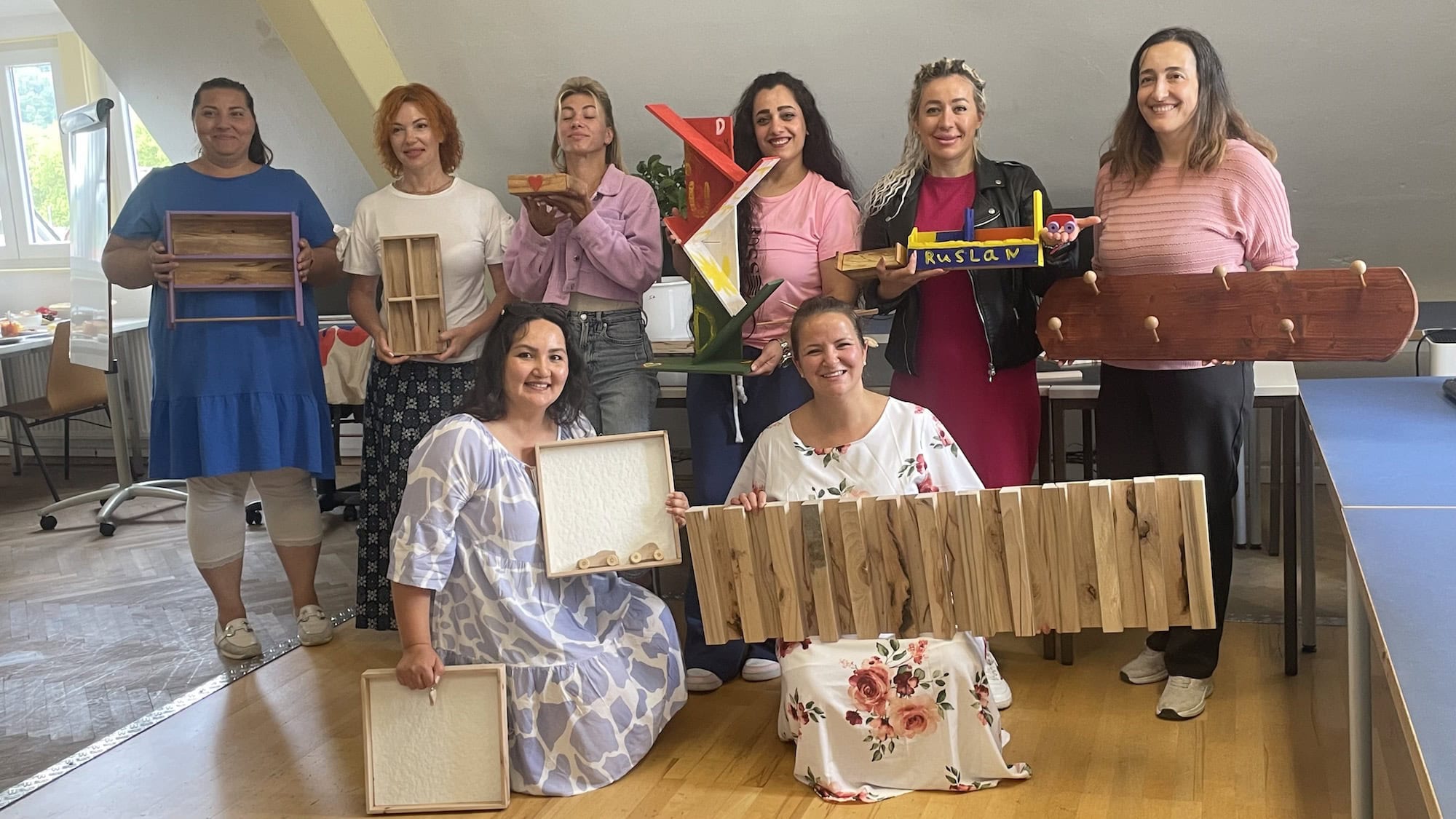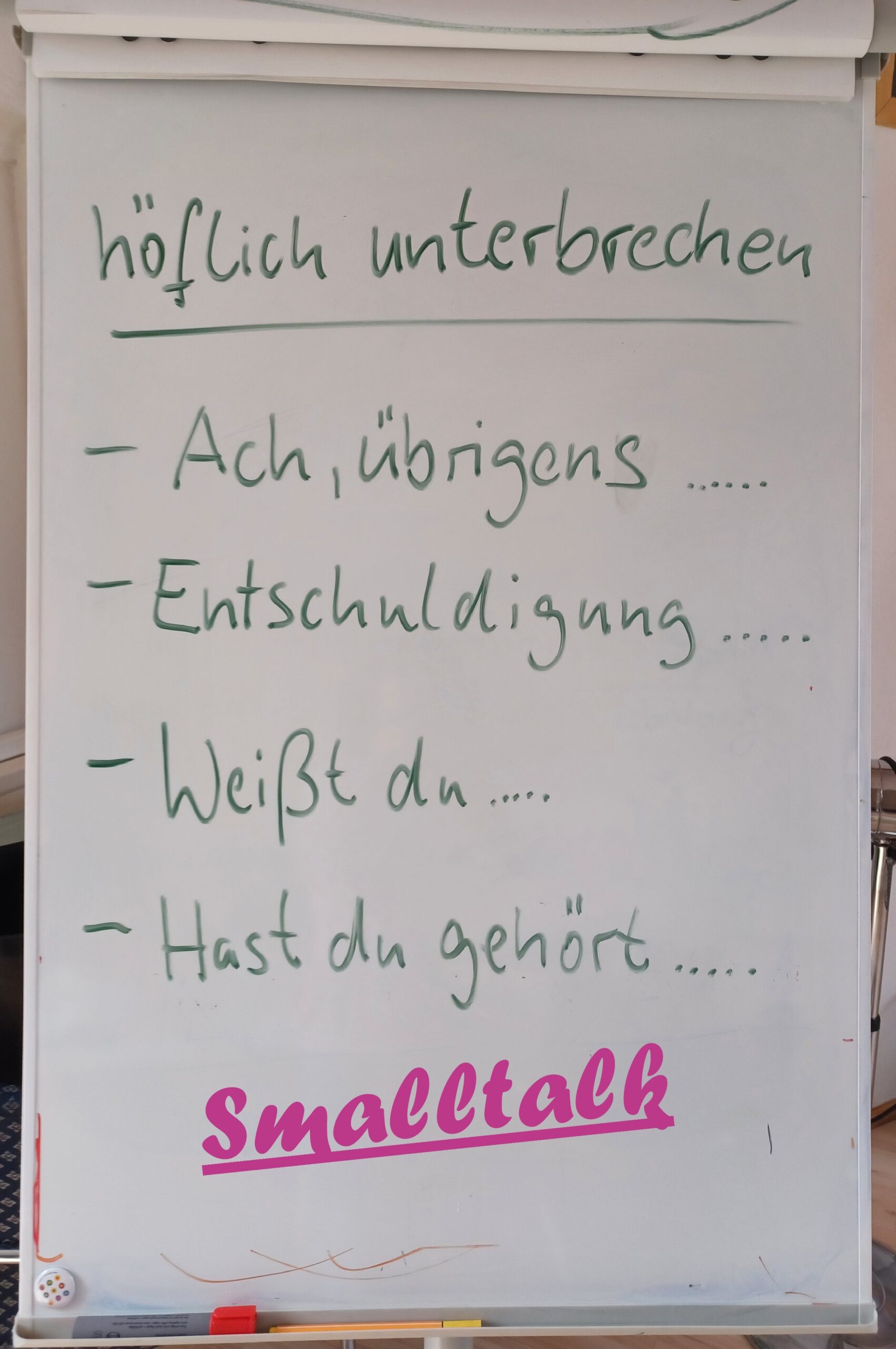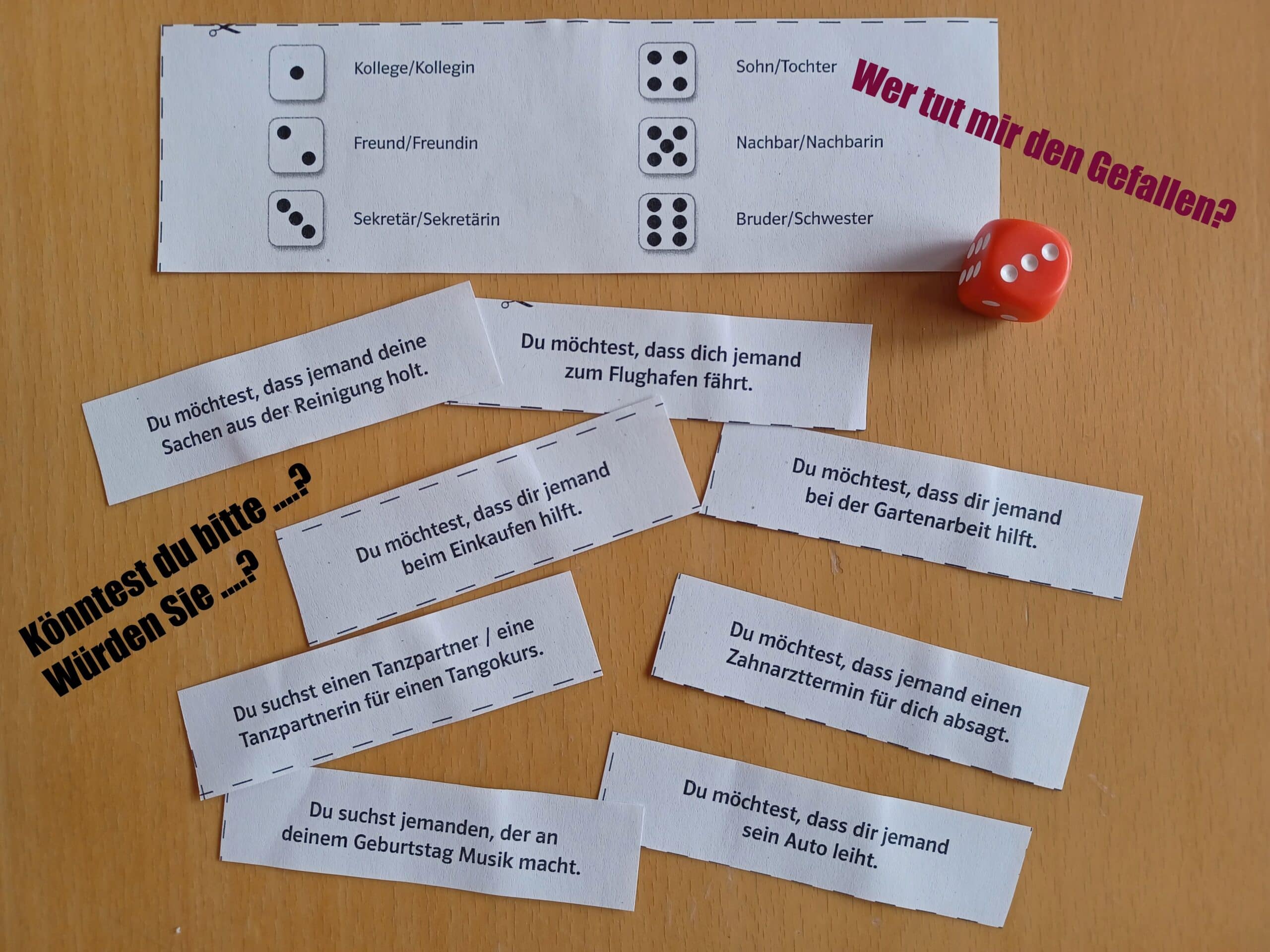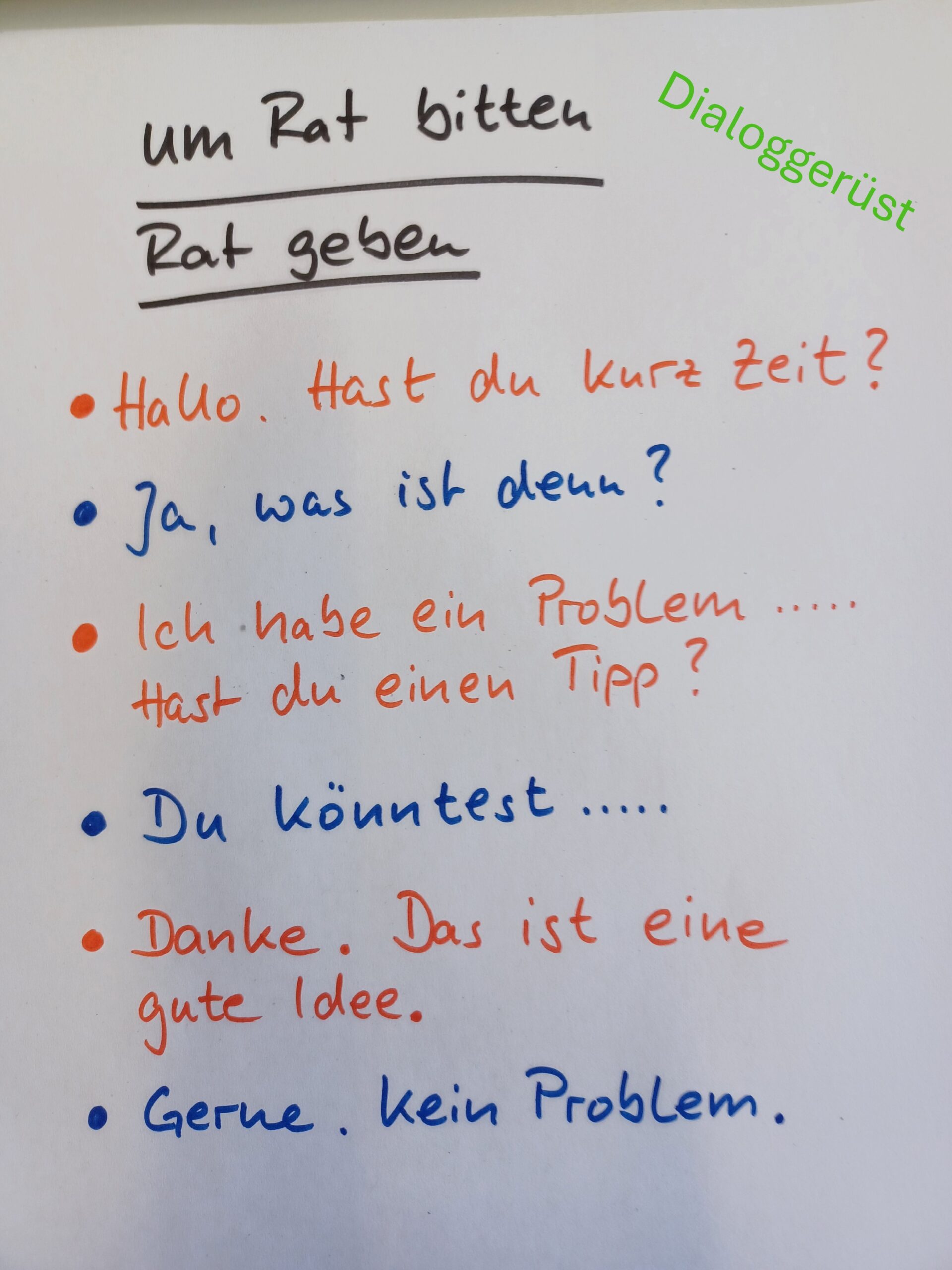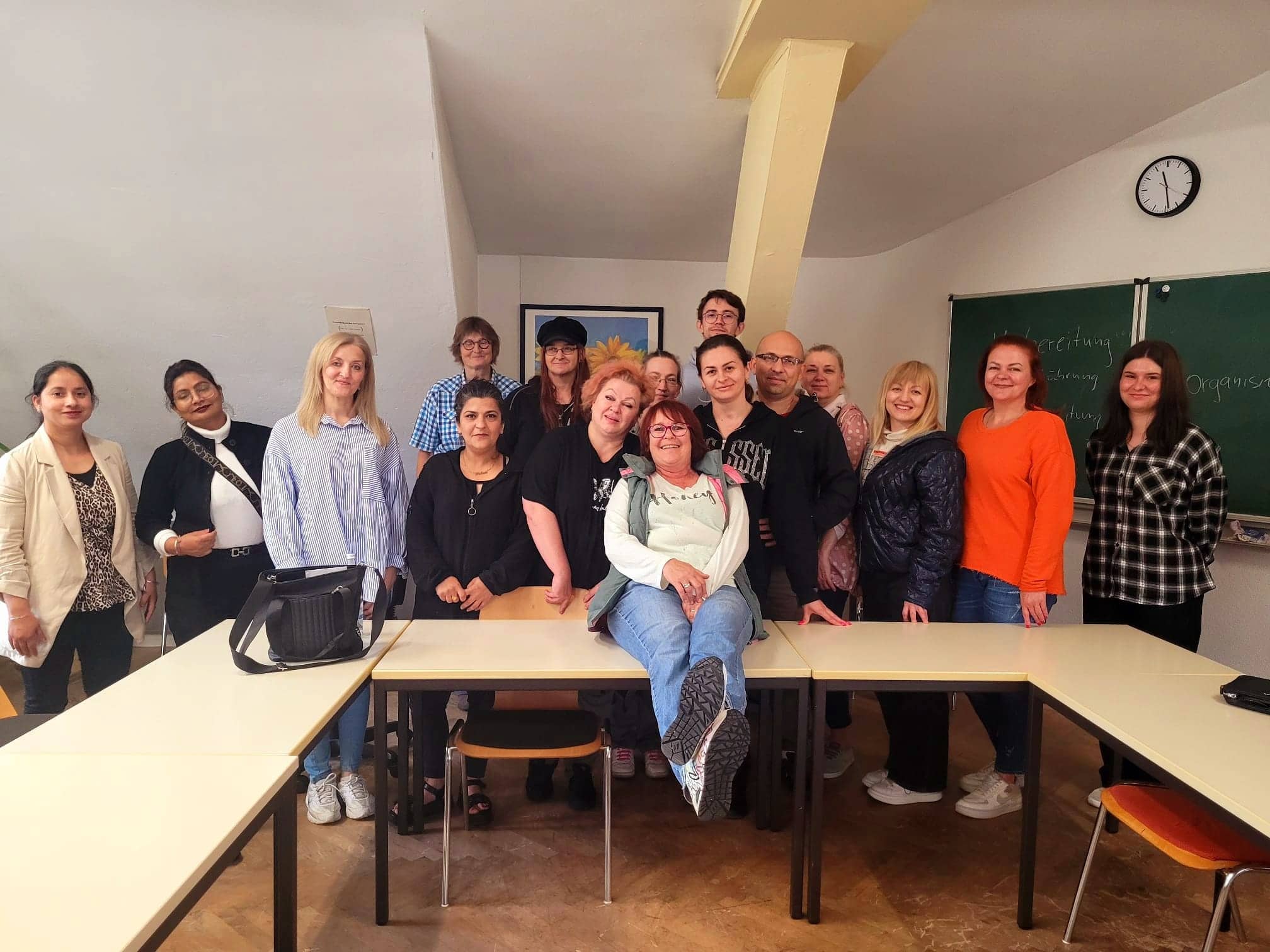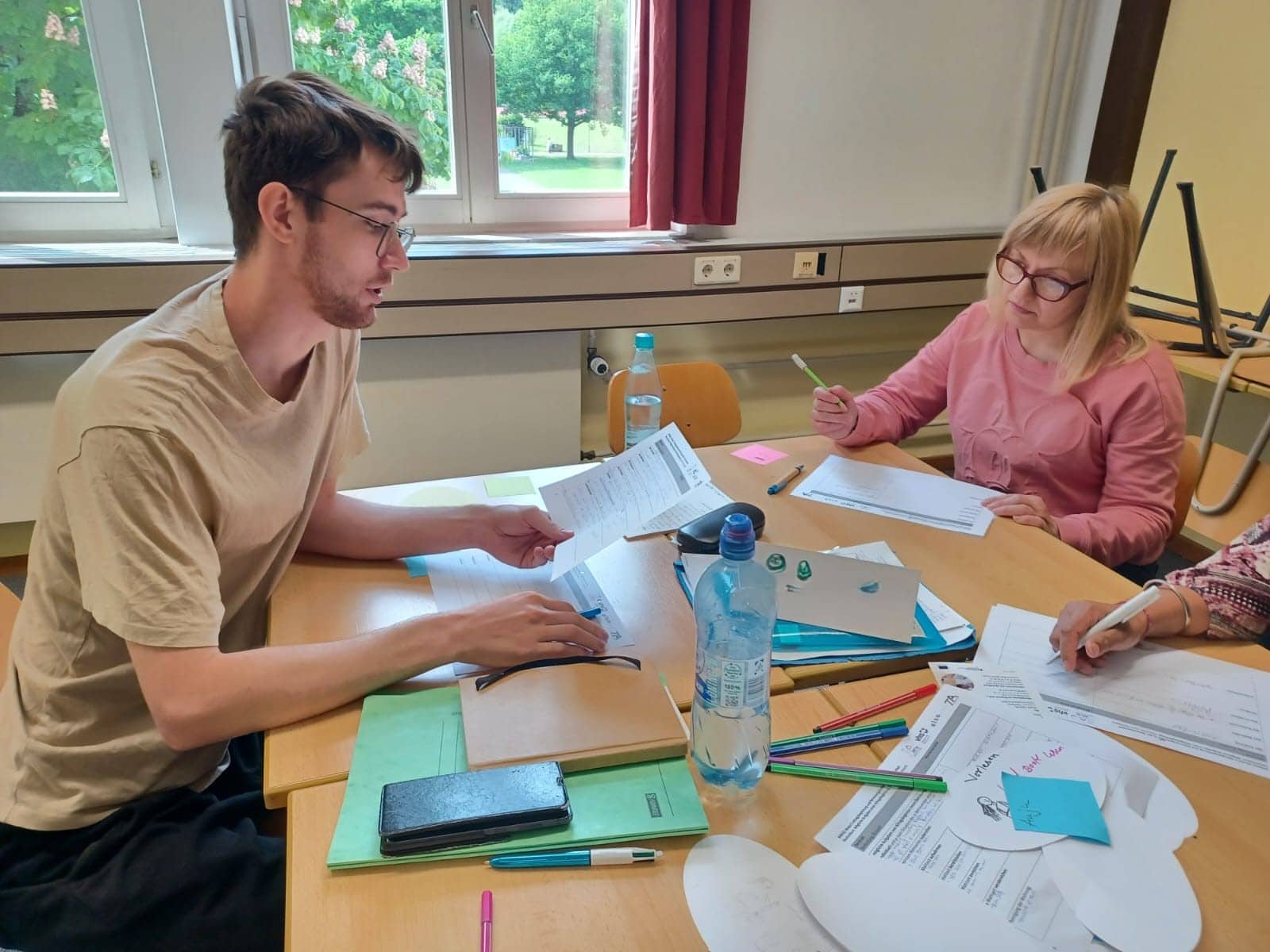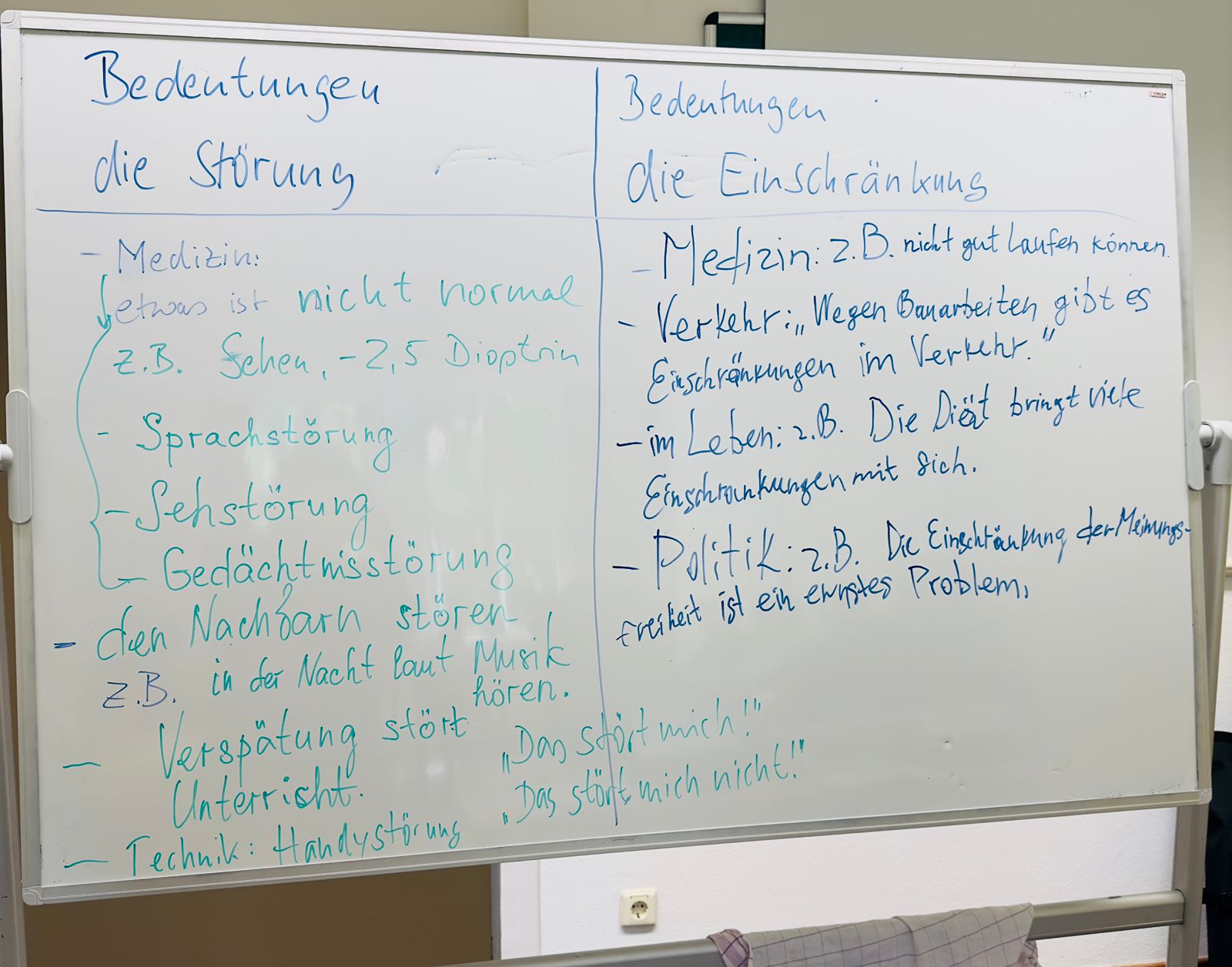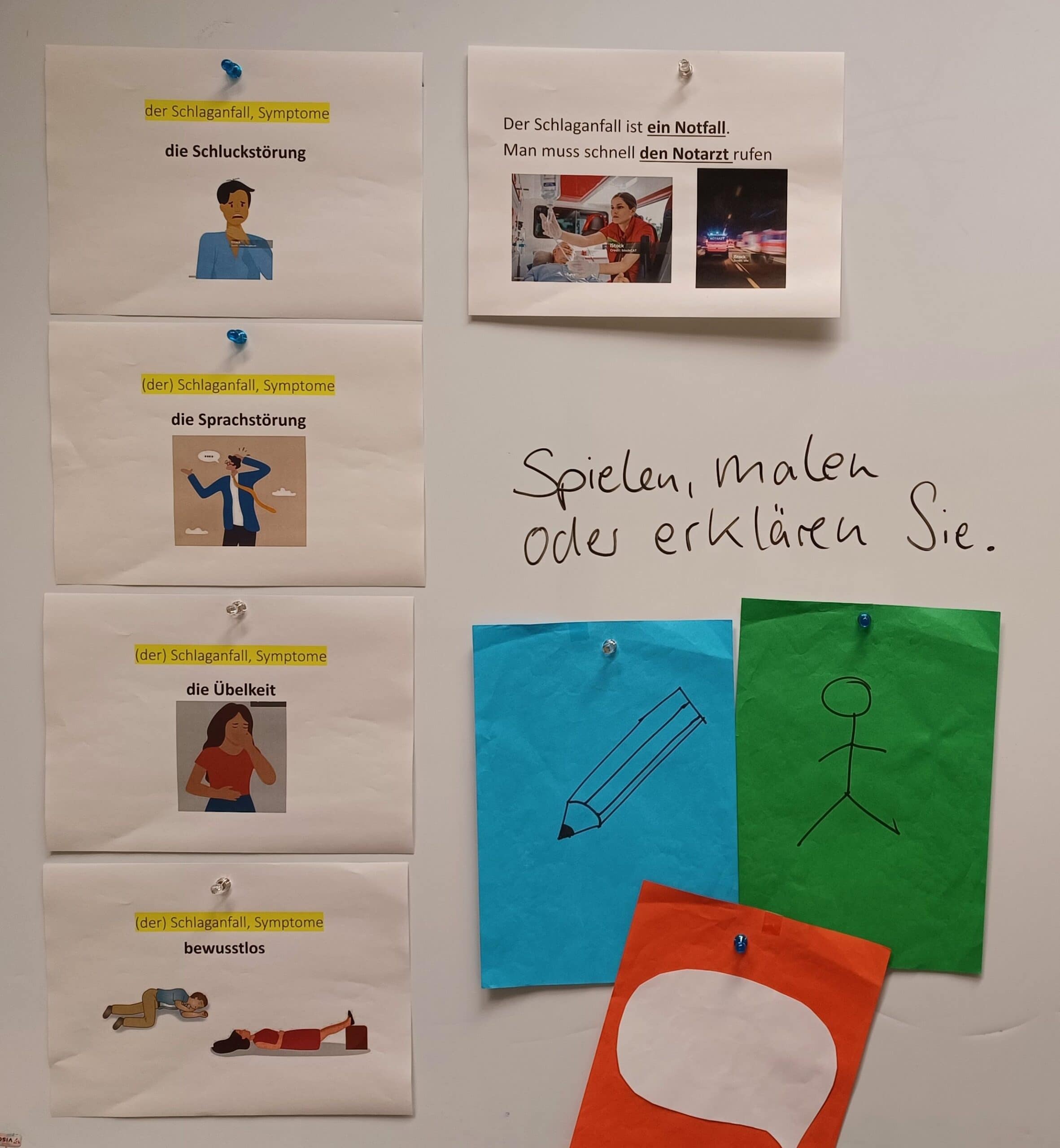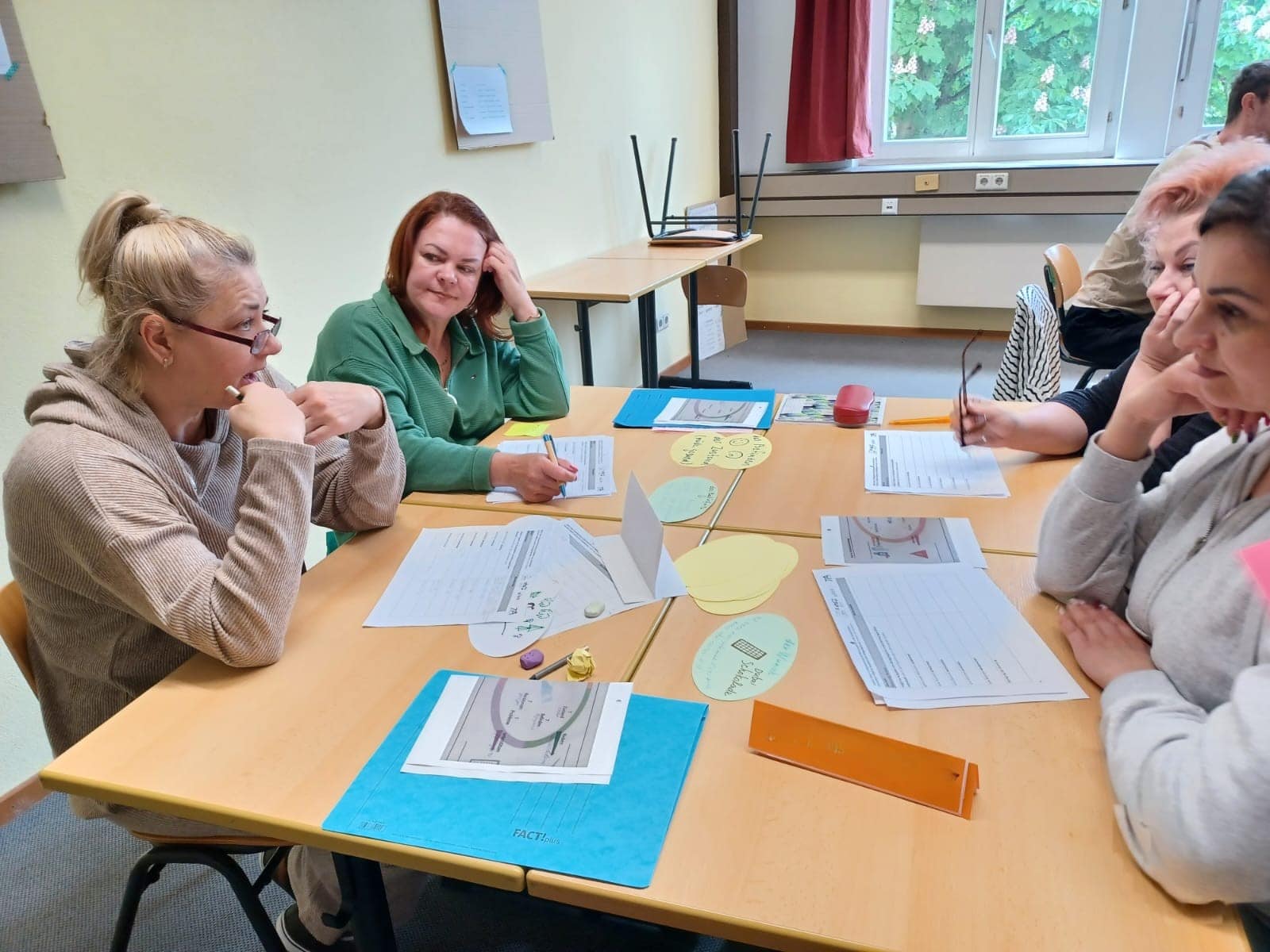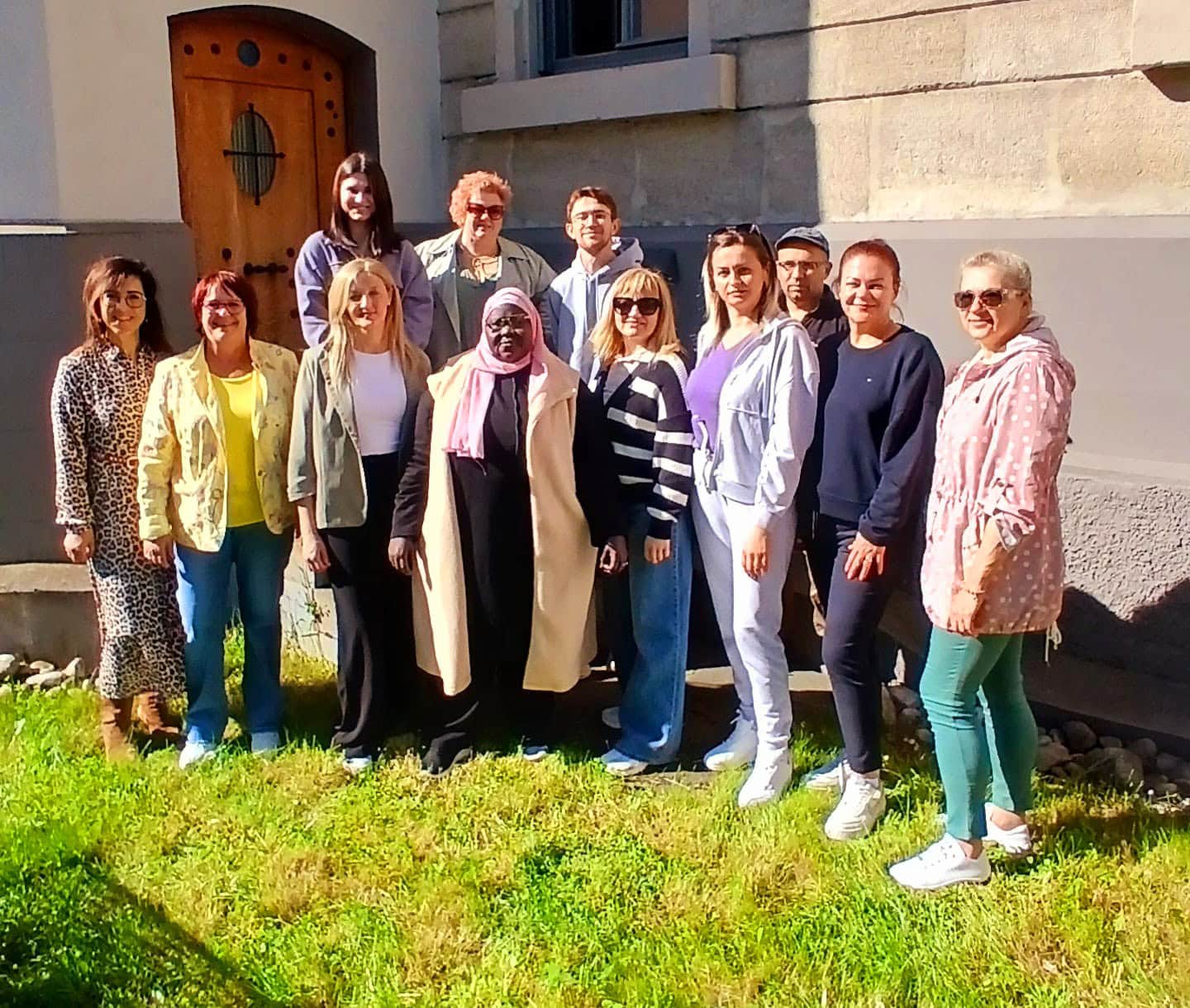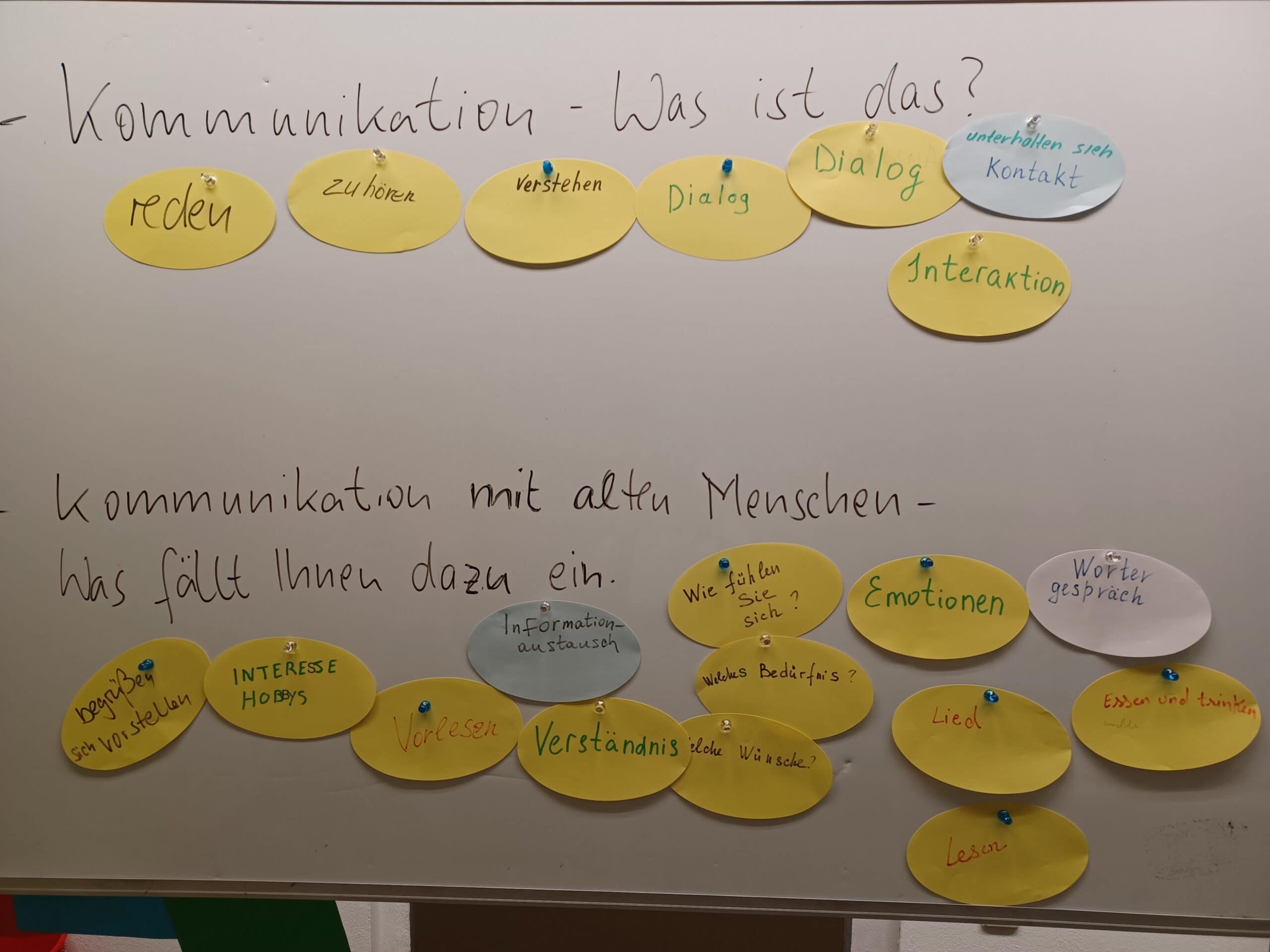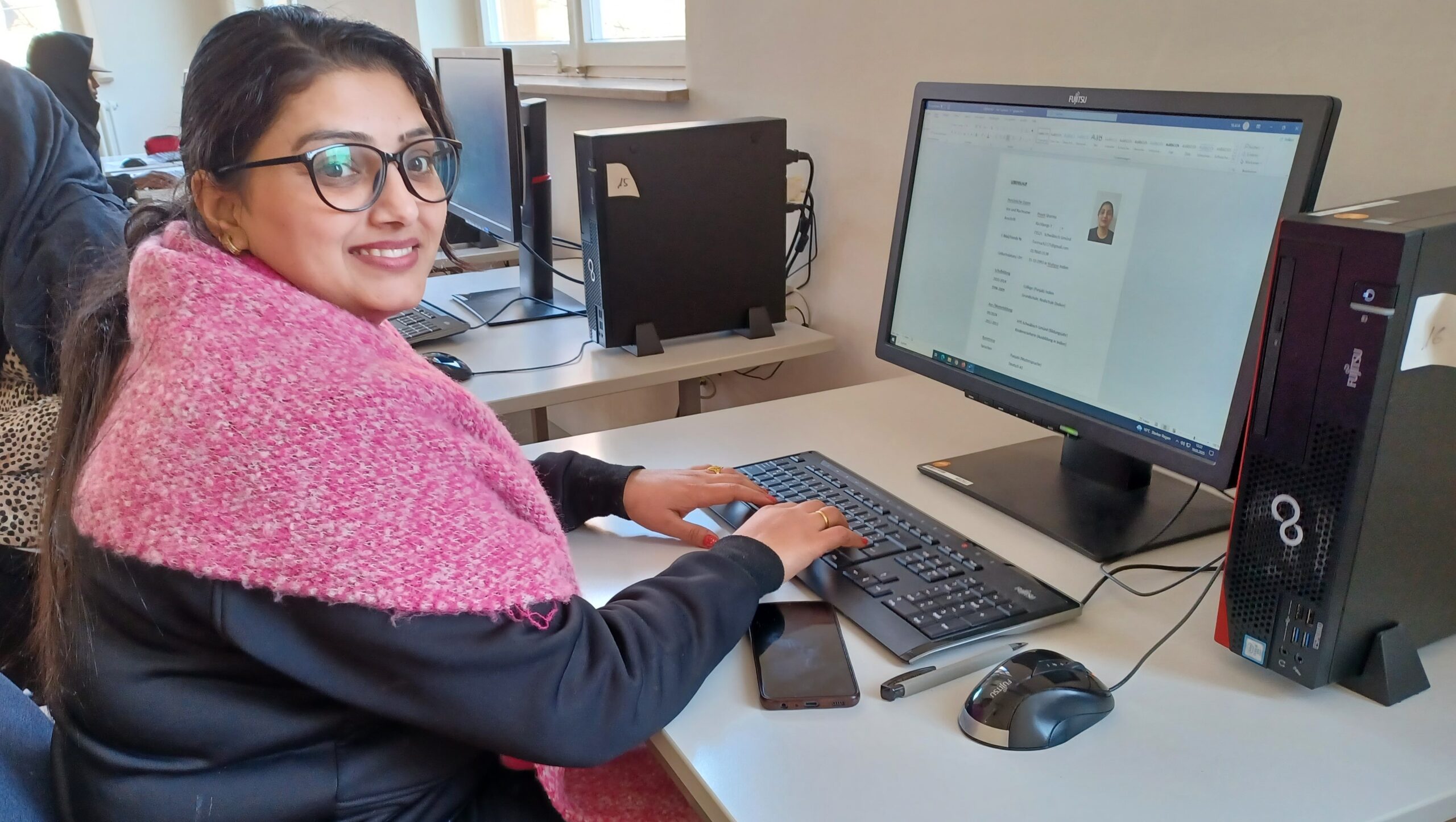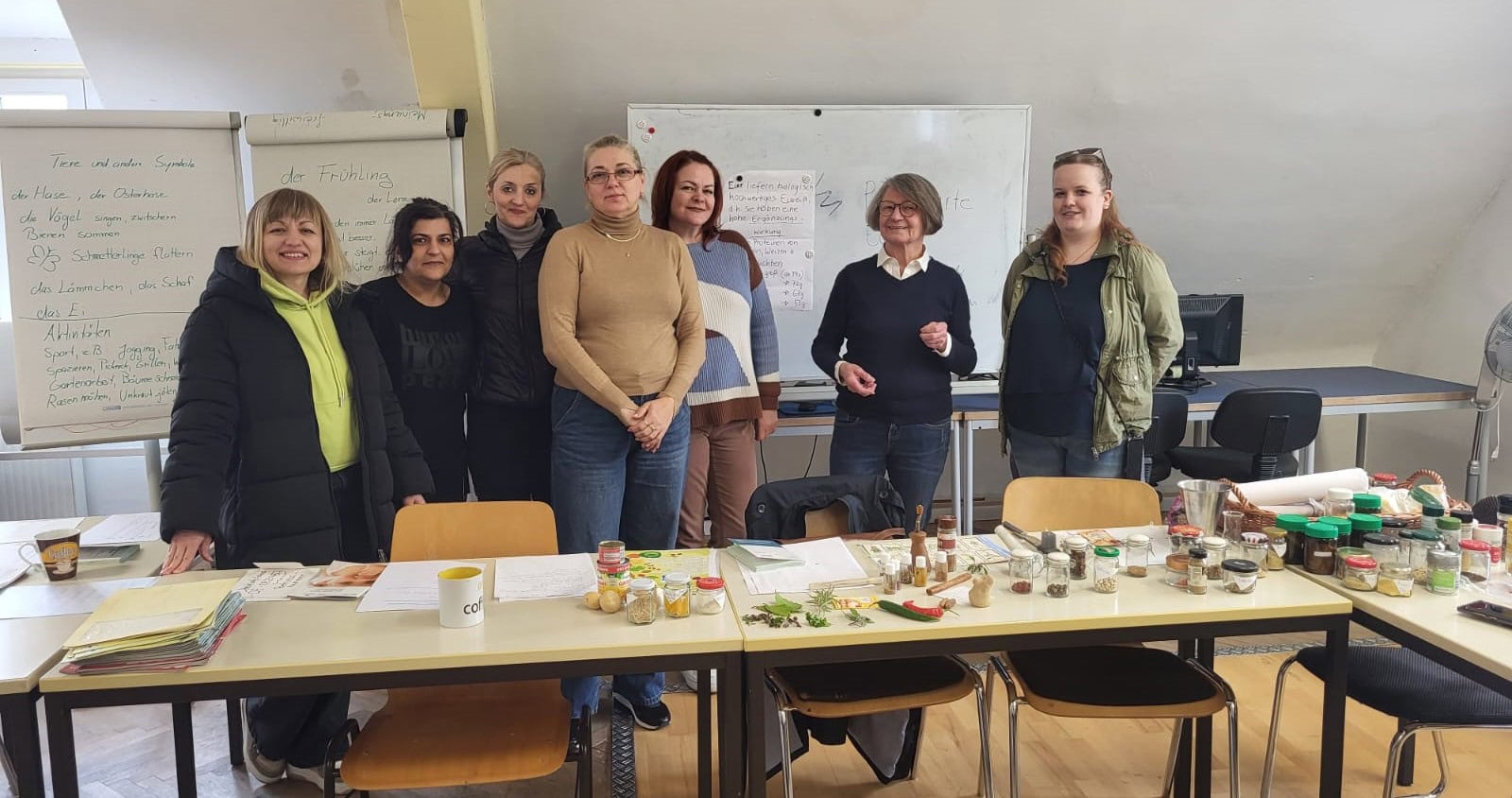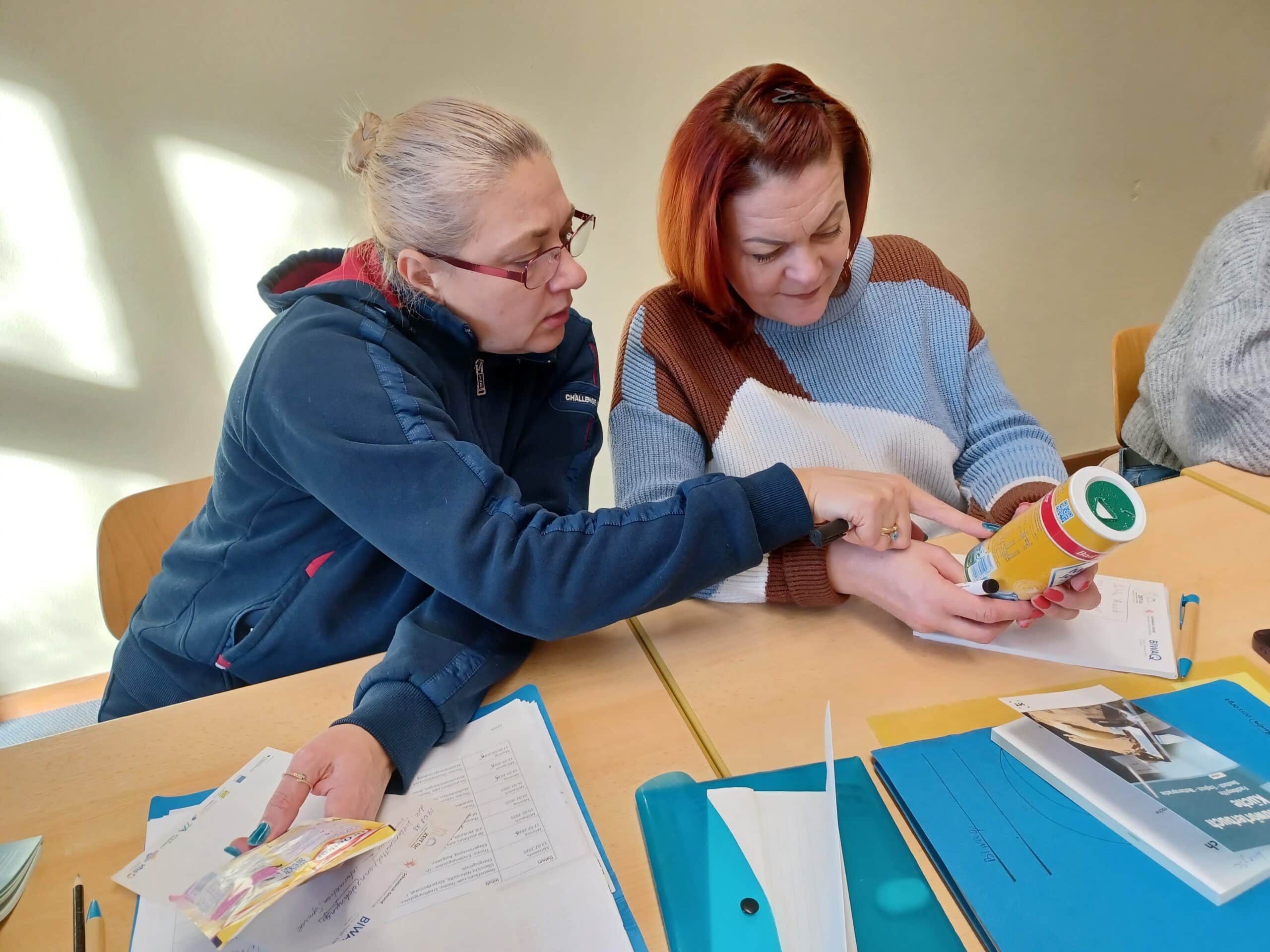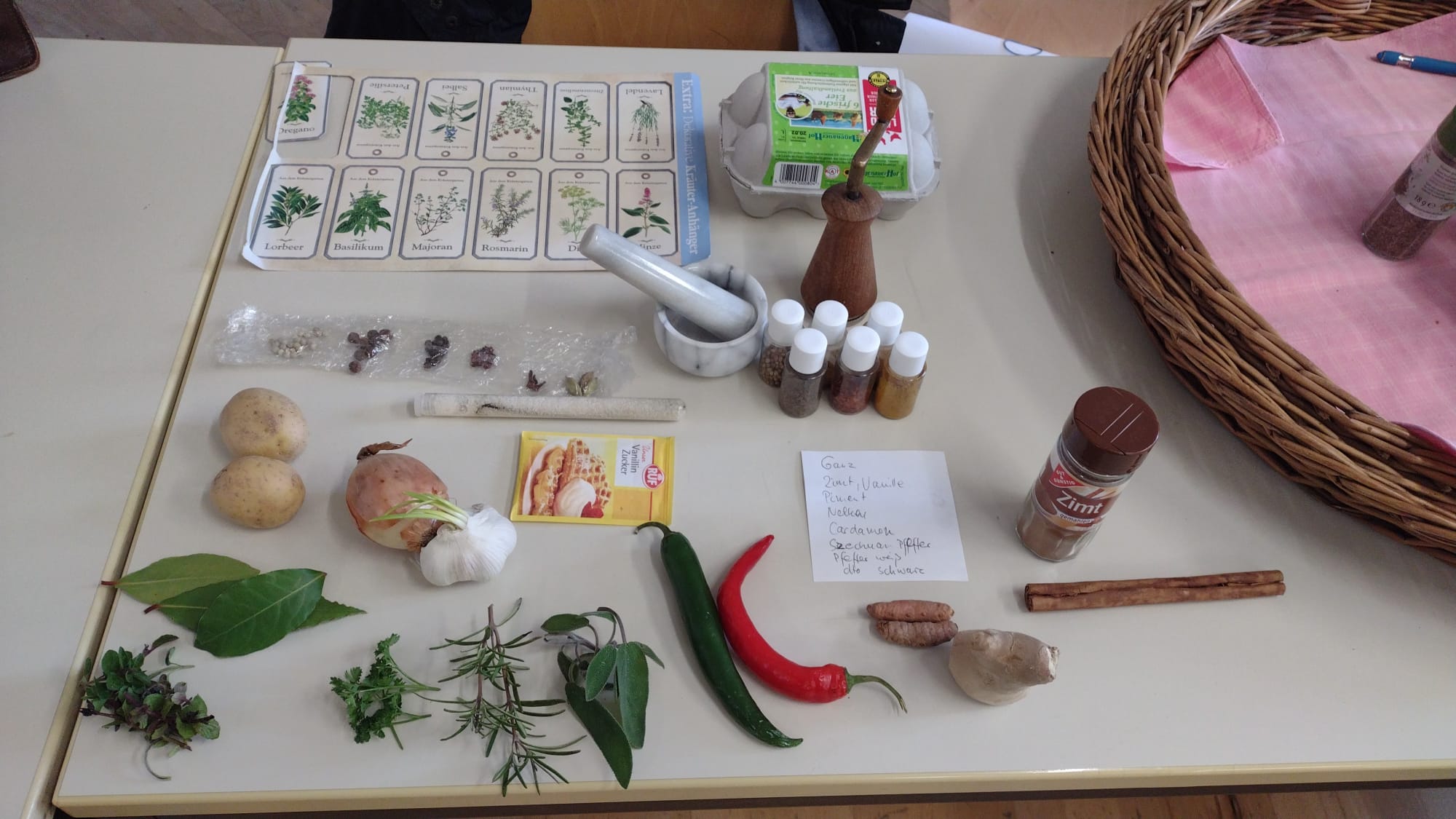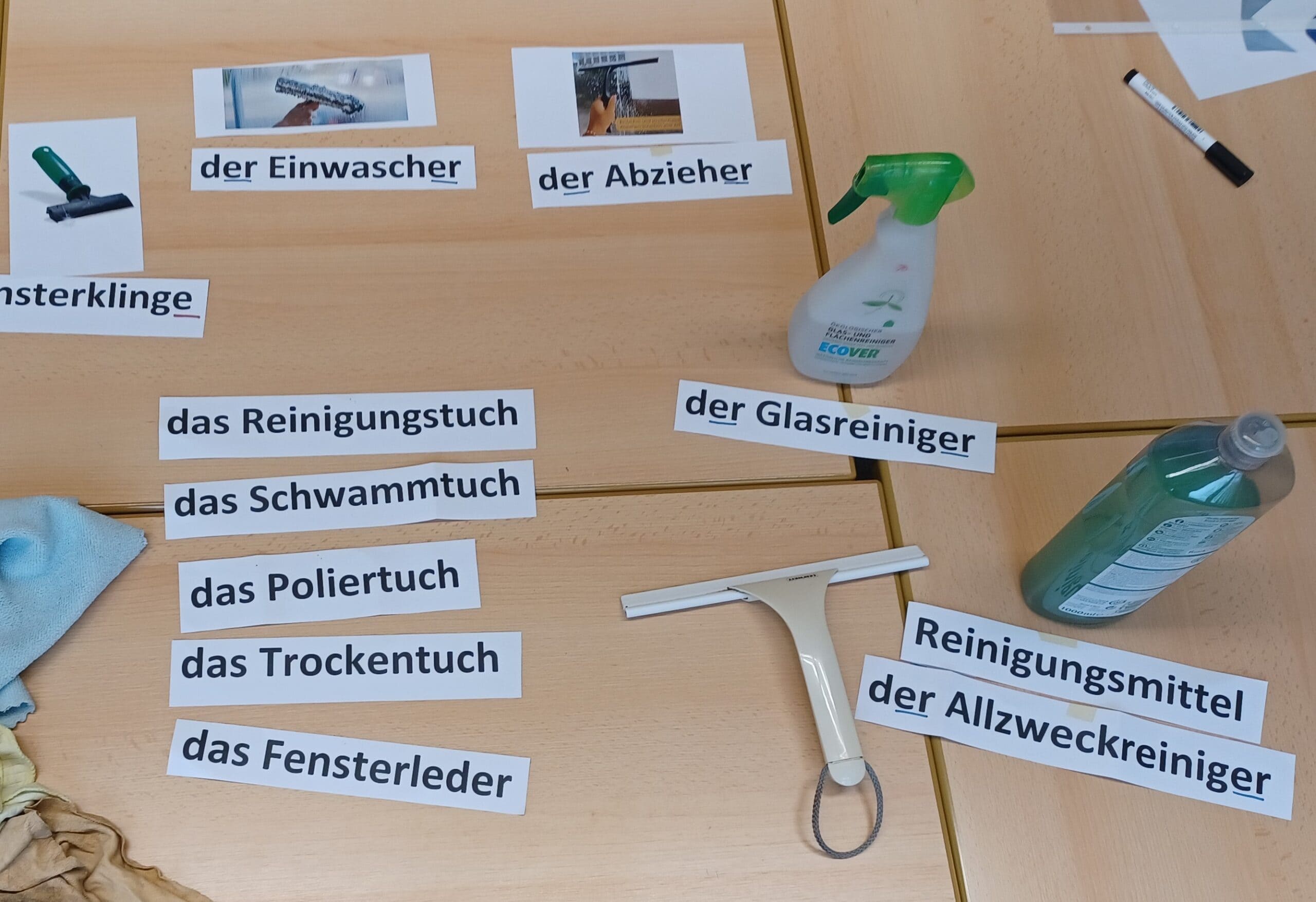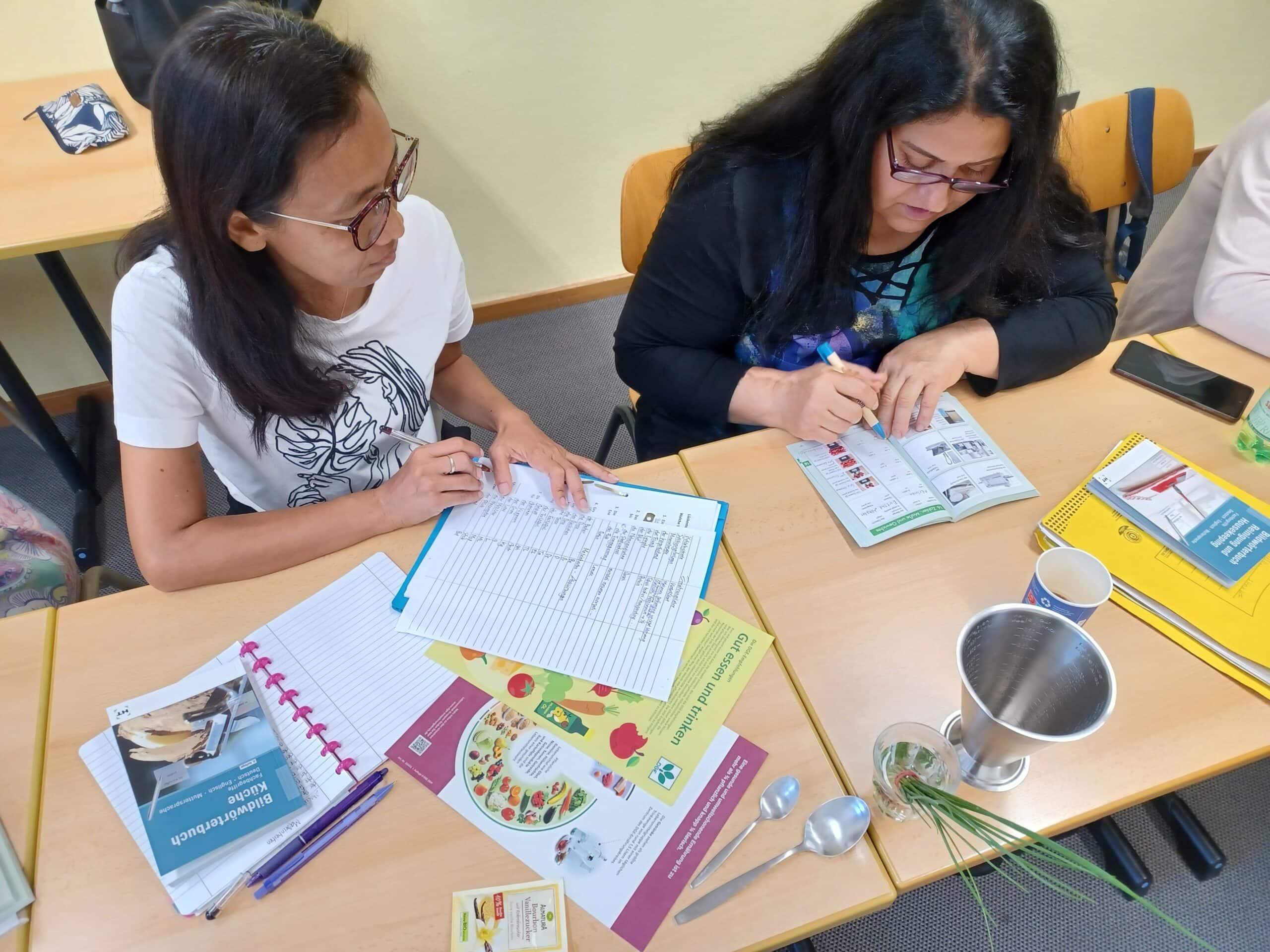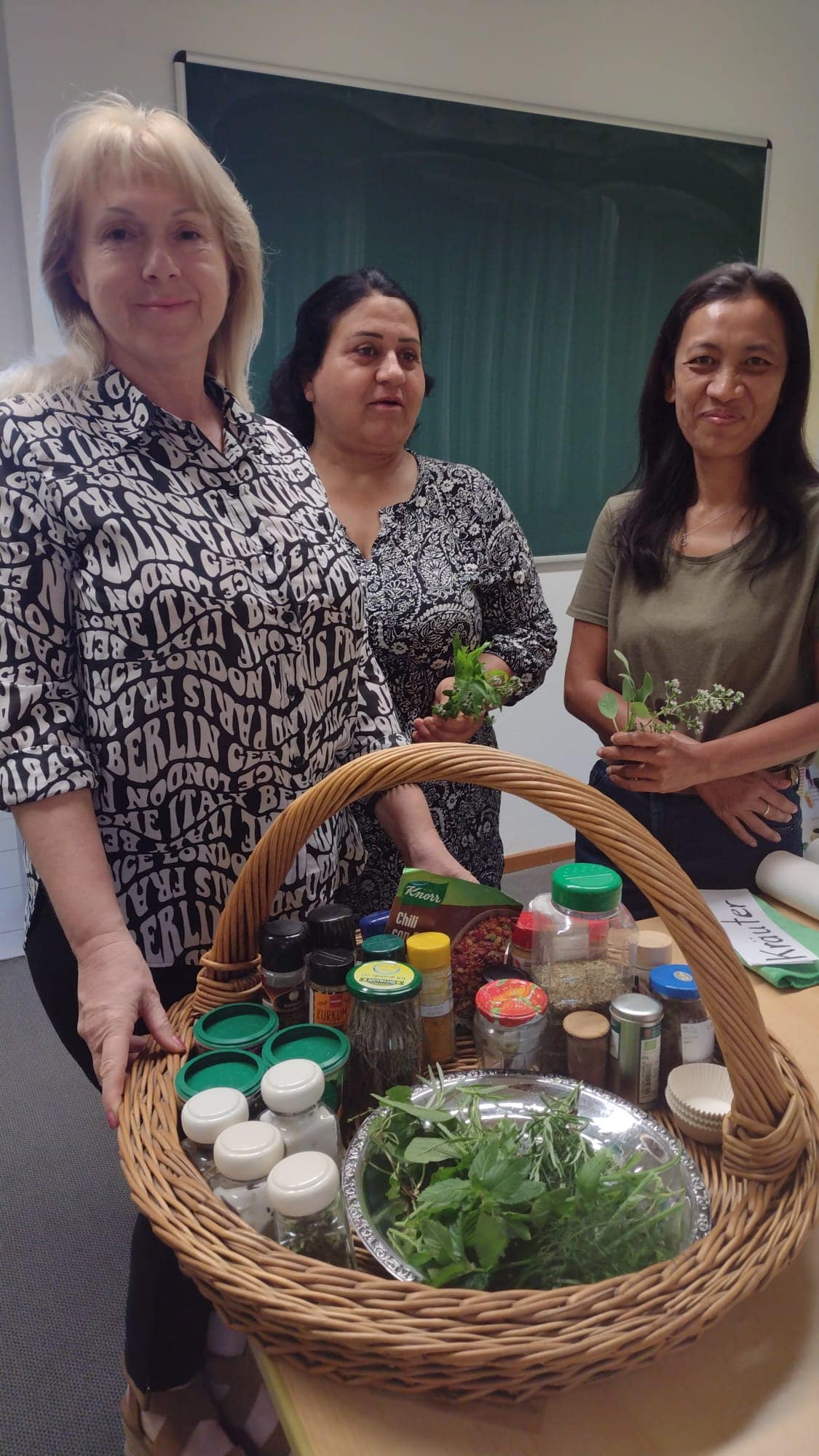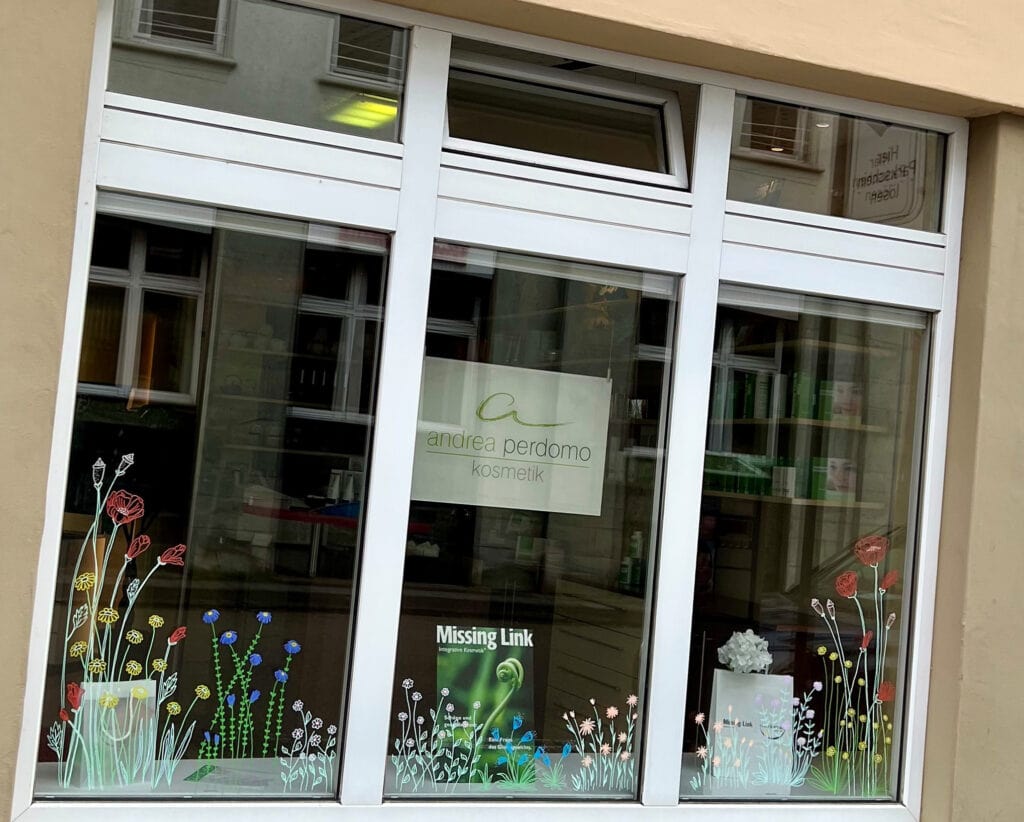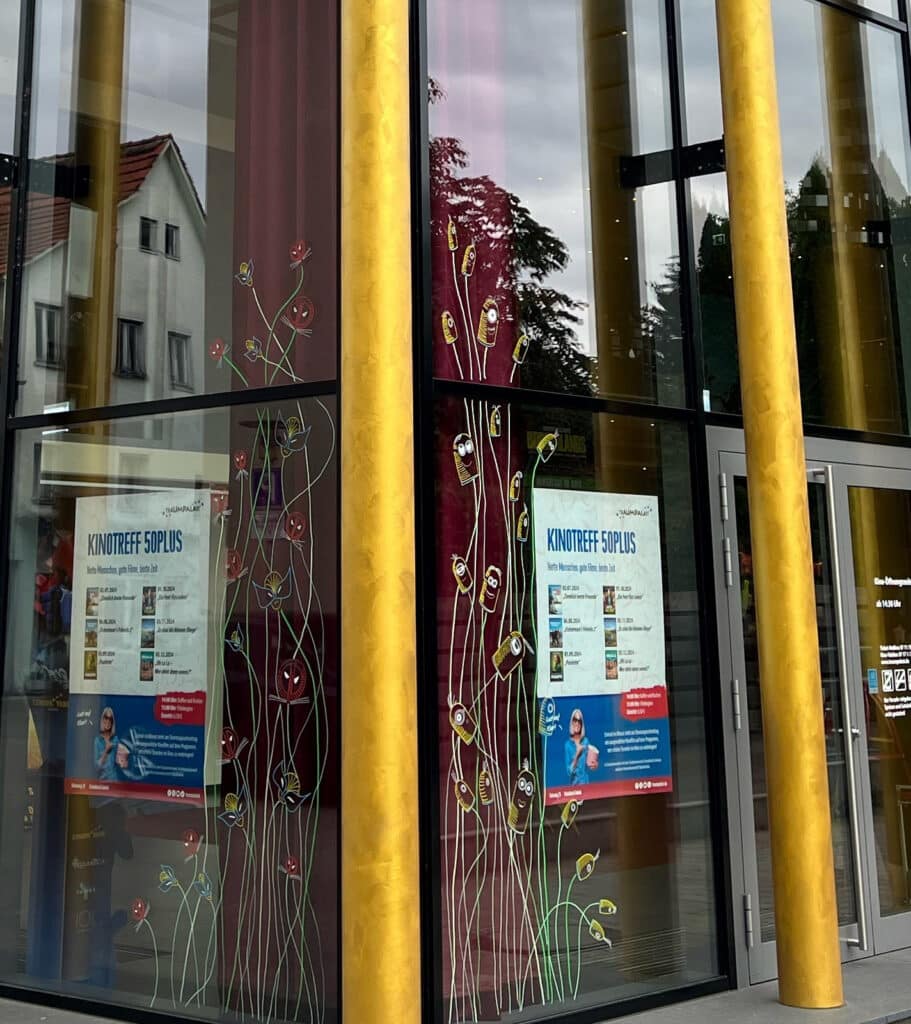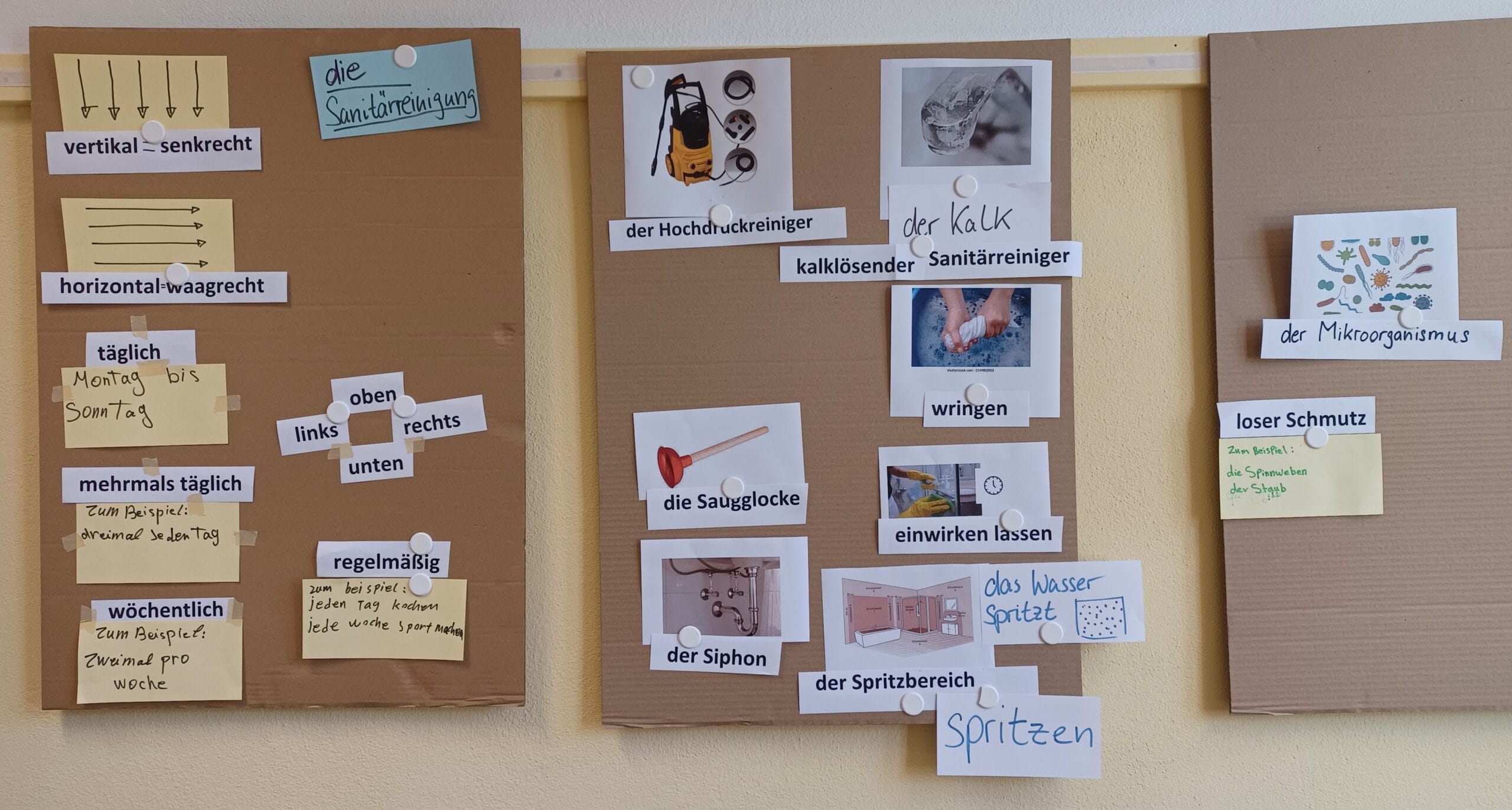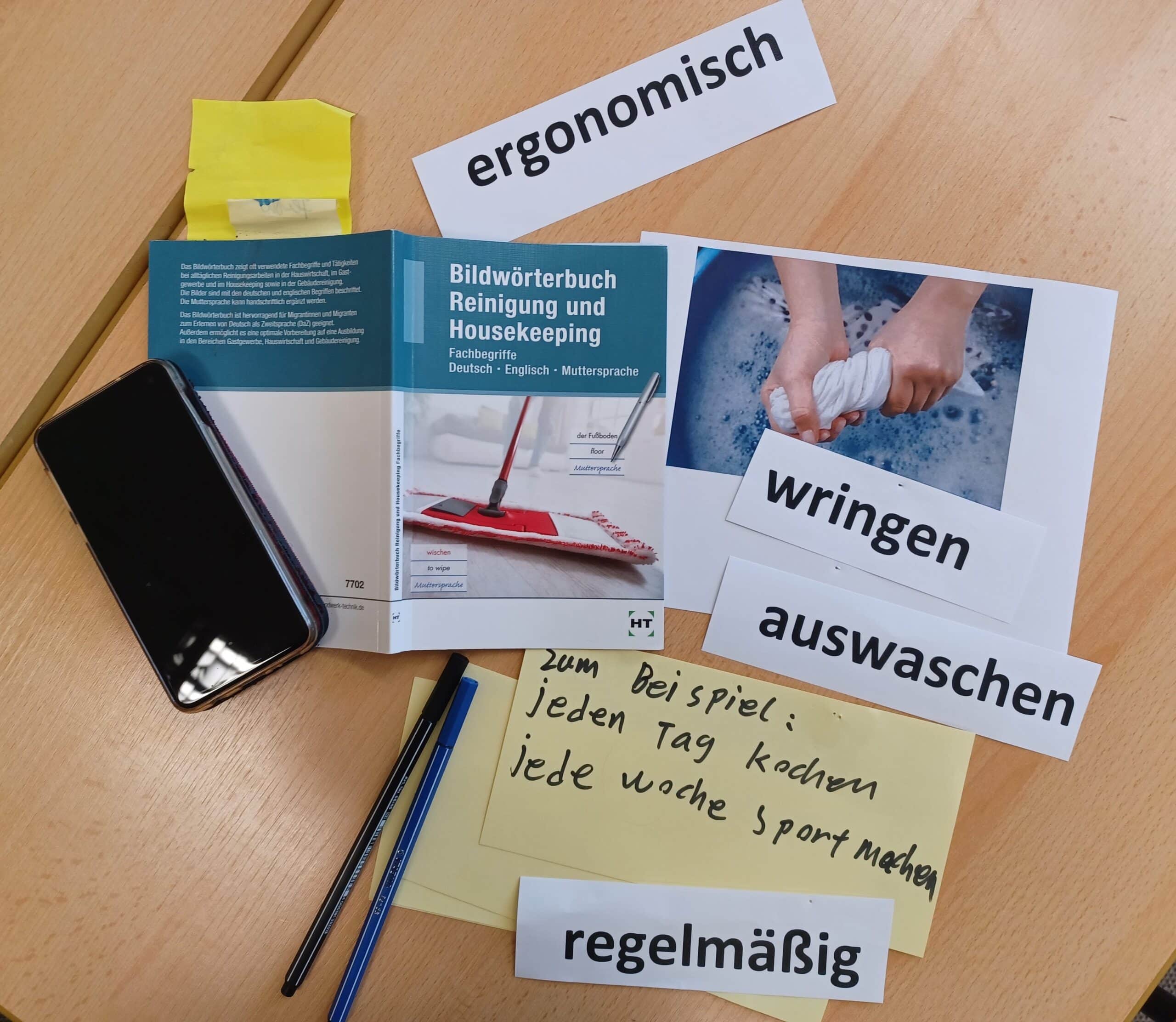Prevention theater „Bambolina's Magic“ makes a guest appearance at the shared accommodation on Hardt
Schwäbisch Gmünd (sv). The use of digital media today often begins at primary school age. Many children have their own smartphone, watch videos on the internet or communicate via messenger services. The internet offers them numerous opportunities to learn, be creative and get in touch with others. At the same time, young users are also exposed to risks: cyberbullying, inappropriate content, data protection issues and uncontrolled screen time are among the biggest challenges.
This is why it is important to take preventative action at an early stage. Elementary school Hardt, together with the Ostalbkreis district office and project partner BIWAQ V, is sending out a clear signal in this regard. The aim is to raise children's awareness and teach them skills for safe and conscious use of the internet. Children with refugee experience in particular should be given special support when using the Internet, as news and images from their war-torn homeland can trigger strong emotions and they have to learn to differentiate between incriminating and false content.
A special component of this prevention work is the prevention theater „Bambolina's Magic“ from Theater SNF, which deals with difficult topics in a child-friendly and vivid way. On Thursday, November 13, the shadow theater performed in the shared accommodation for refugees at Hardt. Scenes were used to depict situations from everyday digital life, such as the pressure of constantly being online or dealing with hurtful comments online. Children recognize themselves in the stories and learn how to behave correctly in such moments. The performance was followed by an open discussion with the artist Sarah N. Groß, in which the children were able to ask questions and contribute their own experiences.
The project shows how effective prevention can be when it is designed in an emotional, creative and realistic way. In the long term, this work helps to strengthen children, promote their self-confidence and guide them safely in the digital space. After all, using media safely is just as important today as reading, writing and arithmetic - and it starts at elementary school. The prevention theater is a strong example of successful cooperation between the Hardt elementary school, the Ostalbkreis district office and the city of Schwäbisch Gmünd, funded by the BIWAQ V project.
